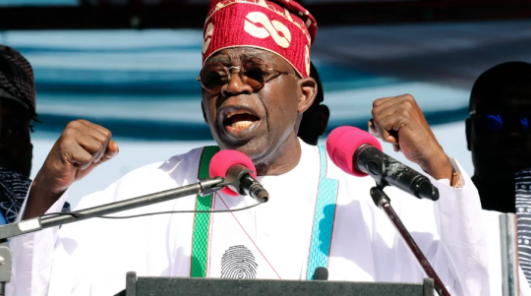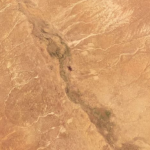Nigerian President Bola Tinubu has reshuffled his 45-member cabinet, appointing seven new ministers, dismissing five, and reallocating portfolios for 10 others, according to a statement from his spokesperson on Wednesday.
Among the key ministers, those in charge of finance, defence, national planning, and two junior energy ministers retained their positions. In a significant move, the Ministry of Niger Delta Development was renamed the Ministry of Regional Development. Additionally, the Ministry of Sports was dissolved, and the ministries of tourism and arts and culture were merged.
Tinubu’s rapid reform agenda after taking office last year initially raised hopes of economic recovery for Nigeria, Africa’s largest oil producer. However, 16 months later, his economic reforms, which included devaluing the naira and cutting petrol and electricity subsidies, have driven inflation up to 32.70%, exacerbating a cost-of-living crisis.
Presidential spokesperson Bayo Onanuga outlined the changes, noting that new ministers were appointed to key portfolios such as humanitarian and poverty reduction, trade and investment, labour, and livestock development, as well as junior ministers for foreign affairs, education, and housing.
However, the ministers responsible for education, tourism, women’s affairs, youth development, and the junior housing minister were dismissed in the reshuffle. Despite calls to reduce the size of the cabinet, Tinubu’s government is larger than that of his predecessor, Muhammadu Buhari, who had 43 ministers in his second term. By law, Tinubu is required to appoint at least one minister from each of Nigeria’s 36 states.
Notably, Tinubu has yet to appoint a senior petroleum minister, although two junior ministers currently oversee the portfolio.



